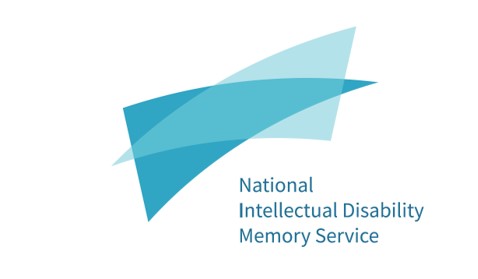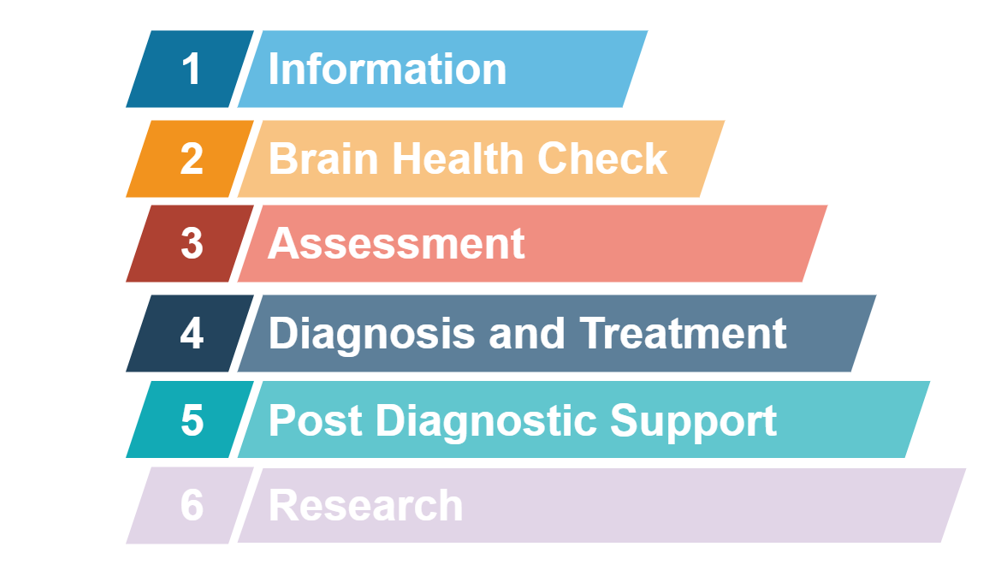
The National Intellectual Disability Memory Service is committed to improving the early detection of dementia in people with an intellectual disability and offering post-diagnostic supports.
People with an intellectual disability, particularly people with Down syndrome, are at increased risk of developing dementia as they age. Diagnosis is complex, but having an accurate diagnosis is important so people can receive the type of post-diagnostic supports that are appropriate to them.
The National Intellectual Disability Memory Service provides access to a Brain Health Clinic and to specialist assessment and comprehensive diagnostic work-up for memory concerns.
The multidisciplinary team on-site includes a Consultant Geriatrician, Consultant Psychiatrist, Advanced Nurse Practitioner and Clinical Nurse Specialist. While the service is free, a referral from a doctor, via Healthline, is required to access the service.

What the Service Offers
The National Intellectual Disability Memory Service can provide:
- Baseline screening for people with Down syndrome, diagnosis, including differential diagnosis
- Information on good brain health along with ways to improve and maintain it
- Treatment information such as the use of anti-dementia drugs
- If a diagnosis is established, this will be discussed with the person/carer in accordance with their wishes
- A formal feedback report to the person’s GP or doctor
- Post diagnostic support including information and training/education on living well with dementia
- Delivery of accessible, easy-read information and programming on how to maintain and improve brain health;
The activities coordinated by the National Intellectual Disability Memory Service (NIDMS) include:
- Support to people with ID who are worried about memory loss problems and clarification about memory symptoms
- Assessment of people with an intellectual disability, age 35 and up, who are worried about memory loss;
- Baseline screening and diagnosis, including differential diagnosis, for those assessed;
- An individualised Brain Health Plan targeting modifiable dementia risk factors;
- Educational and training opportunities for people with an intellectual disability, staff and family carers and access to and enrolment in research studies
Seek a referral from your GP to the service.
For more information, see booklet on Answers to your questions about intellectual disability and dementia
If you are a Health and Social Care Professional and would like more in-depth information on Dementia in People with an Intellectual Disability please visit www.dementiapathways.ie
